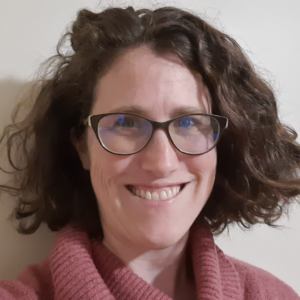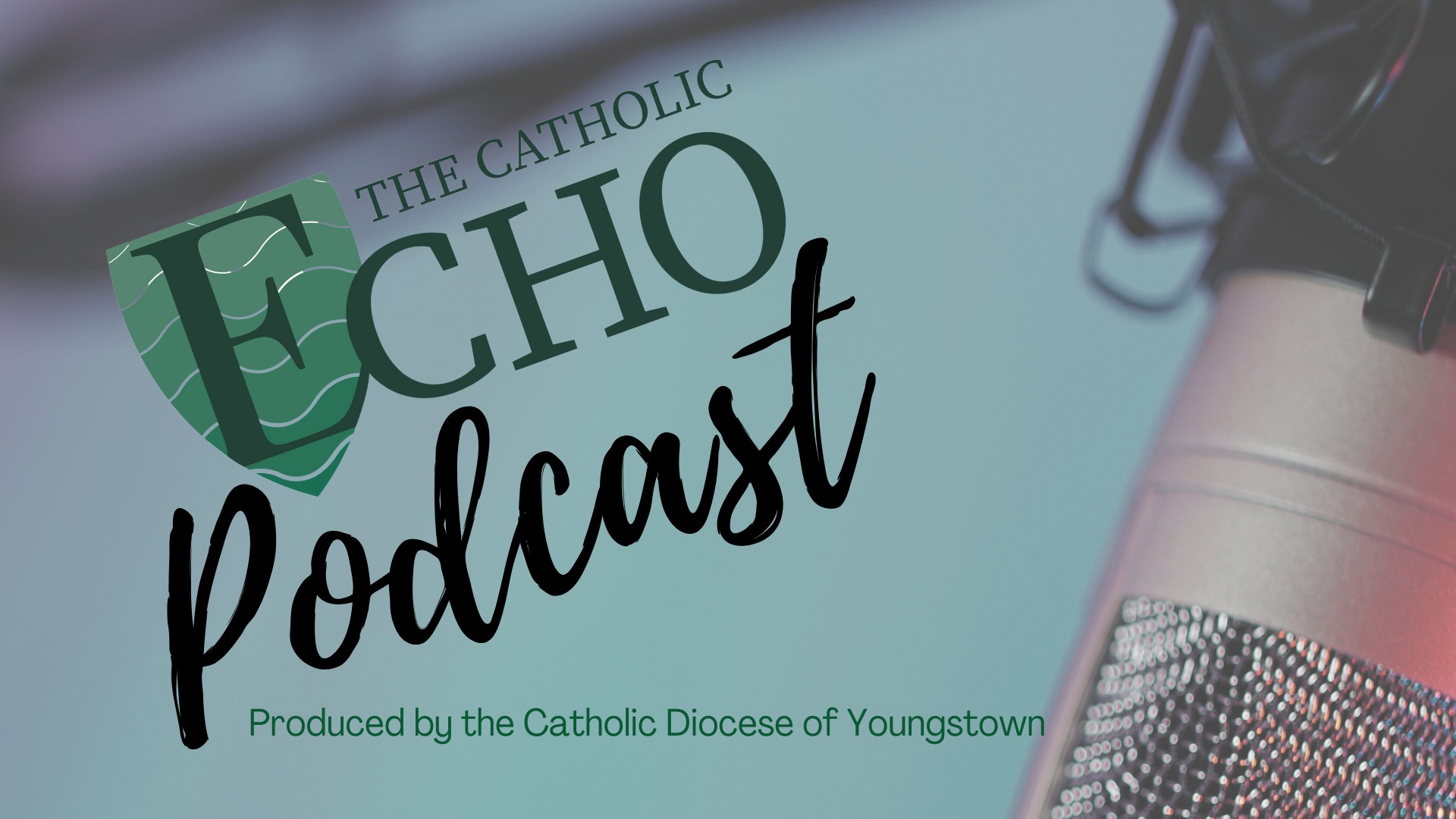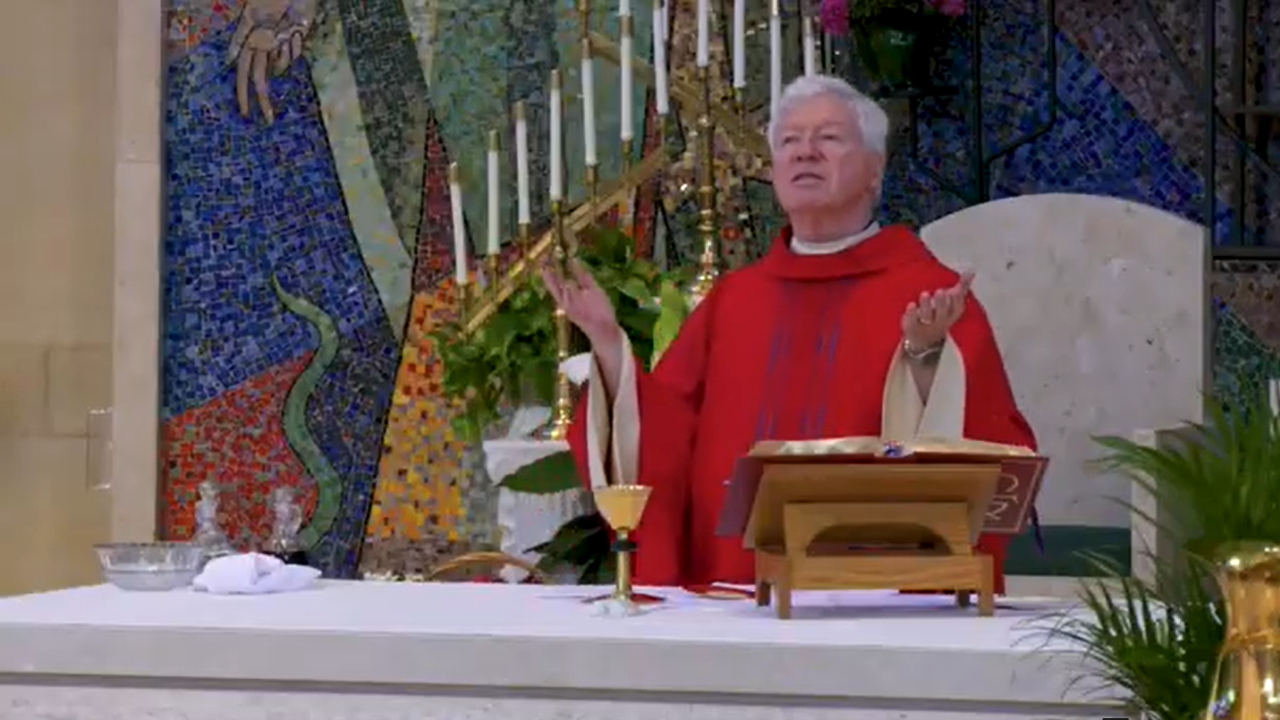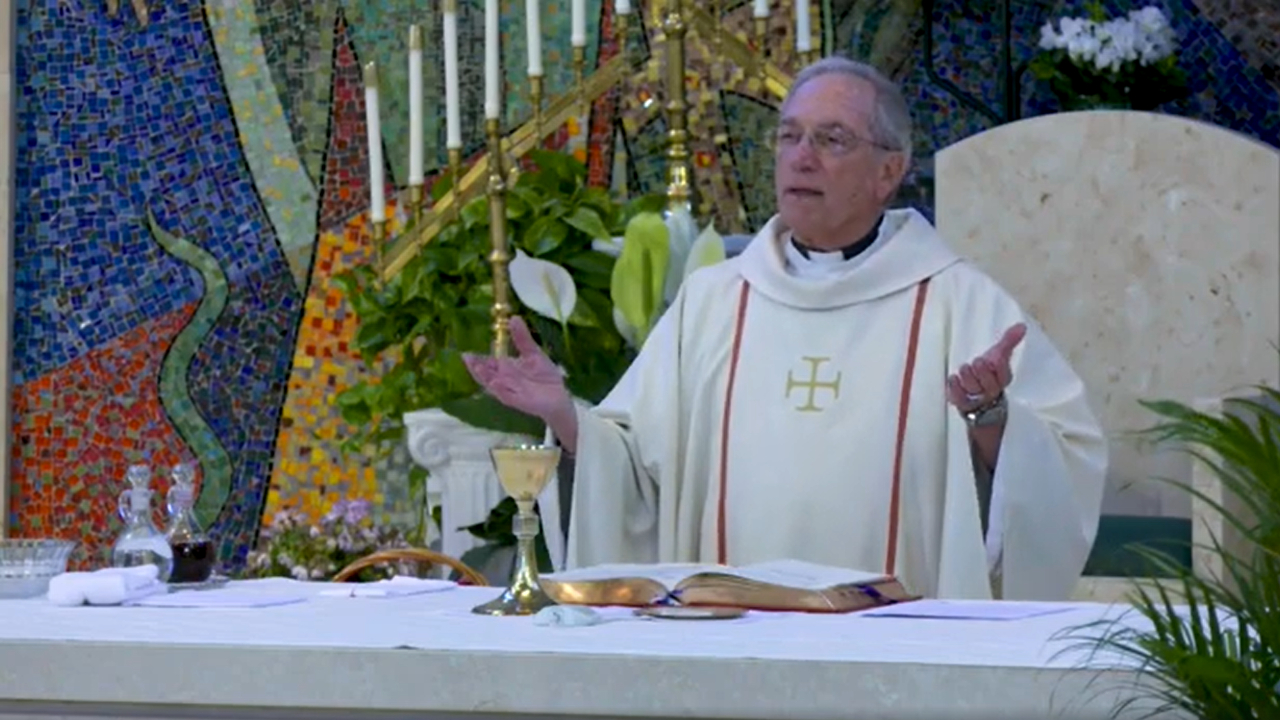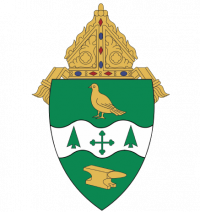Do you have questions about best practices for your parish website? Your parish web address is your “internet real estate,” so it is important to properly secure your online parish domain, especially when transitioning due to new pastors, mergers and building closures. Just as there are proper procedures when moving between physical buildings, there are also important steps to properly secure and transfer your website.
If parishes in the Diocese of Youngstown have any questions about your specific situation, feel free to contact Meagen Farrell, Communications Specialist, at communications@youngstowndiocese.org or 330-744-8451 x275.
Here are a few tips that are relevant to many parish situations:
1. Transfer domain name ownership to the new parish.

Your domain name is your web address, e.g. www.newparish.org. Owning a domain name is the equivalent to holding a key to that online address. While volunteers and parishioners may share expertise to build and maintain your website, the parish office usually prefers to be in charge of the billing and administrative access. Normal domain names cost between $6-25 per year and owning one will help secure your parish web address.
Already own a domain name (or multiple)? Ownership of a closed parish or building website should transfer to the new parish. Parishioners who generously wish to cover the cost of a web domain can donate to their parish specifically for that purpose. If a private individual owns the domain name, you can also transfer that ownership to the parish. Feel free to reach out for specifics depending on your website: communications@youngstowndiocese.org or 330-744-8451 x275.
2. Your bulletin company may include web hosting.

Once you secure your domain, i.e. web address, the next step is to find a safe foundation for your online house. Websites still exist in a physical server somewhere. The ownership of the server is called “hosting.”
Depending on the level of your contract, parish bulletin providers such as LPI and Diocesan may include the cost of web hosting in your existing contract and can even build a website for you. They typically have some method to post your bulletin online, so they may have a basic website set up for your parish already! Contact them and ask what they can offer.
3. Forward your existing domain to a new website or webpage.

Even if a church has closed, merged or changed parish names, there are still links to your existing website out there on the internet. While it is helpful to have a domain that matches your new parish name, you can forward your old domain name(s) to the new one. This means that when people go to closedbuilding.com they will automatically be sent to your new website, newparish.org.
If you have claimed a Google, Facebook or other online listing, you can also add the new website domain to the “closed” building or parish listing. This helps redirect people to the right place to go for worship, holy days, and sacramental records.
We recommend making a special landing page explaining the change for each closed or merged building. For example (fictional), send closedbuilding.com to www.newparish.org/closedbuilding with text such as: “We have moved! On May 15, 1997, St. Vladimir’s Church was solemnly relegated to profane but not sordid use. Parishioners from St. Vladimir’s were welcomed into Our Lady of Love Parish located at 555 Via Jesu Christe, Everytown, Ohio 44444. All sacramental records from St. Vladimir’s Church are now available at the merged parish. For details, please email office@parishoffice.org or call 330.444.5555. Please view our current Mass times (add link), or register as a parishioner at Our Lady of Love Parish (add link).”
4. Back up your website data regularly.

Hackers have become more aggressive than ever. There are many ways to back up your website data, but these are typically only available when you pay for the domain name and for hosting. Backing up your data will allow you to rebuild even if hackers break in, or something is accidentally deleted. You can help keep your information available to the community you serve by securing your domain name, web hosting and backing up data.
5. Make sure your Mass times are updated ASAP.

One of the most common questions we get here at the diocese is someone asking about Mass times. While you may not have the time to fix your Mass times everywhere on the internet, it is very helpful to make sure your own website is correct on the day the times change! Parishes in the Diocese of Youngstown can also email communications@youngstowndiocese.org so we can update the Diocesan Directory.
If you have a holy day coming up, you can put Mass or service times right on the front page of your website. The front page of your website is like the sign in the front lawn of your church, so updating this page allows anyone who stops by to quickly see when they can come to Mass! Change can be difficult, but you can make the transition easier by making sure parishioners can easily find accurate information on the day they need it most.
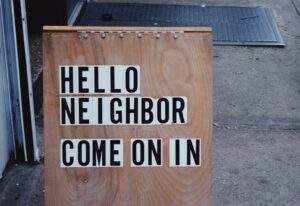
These tips are best practices, not only in times of transition, but any time you want to become more welcoming to busy families, visitors from out of town and Gen Z Catholics who may prefer finding information online to talking on the phone. Despite all the bad news you may see out there in the world, every day there are thousands of people trying to get to Mass right here in our diocese! Parishes can do their part to help people get to the right place at the right time when the Spirit moves them to pray.
Photos by Tierra Mallorca, Erika Giraud, Jamie Templeton, Aaron Burden, Lukas Blazek, and Jon Tyson. Used under Unsplash license.
